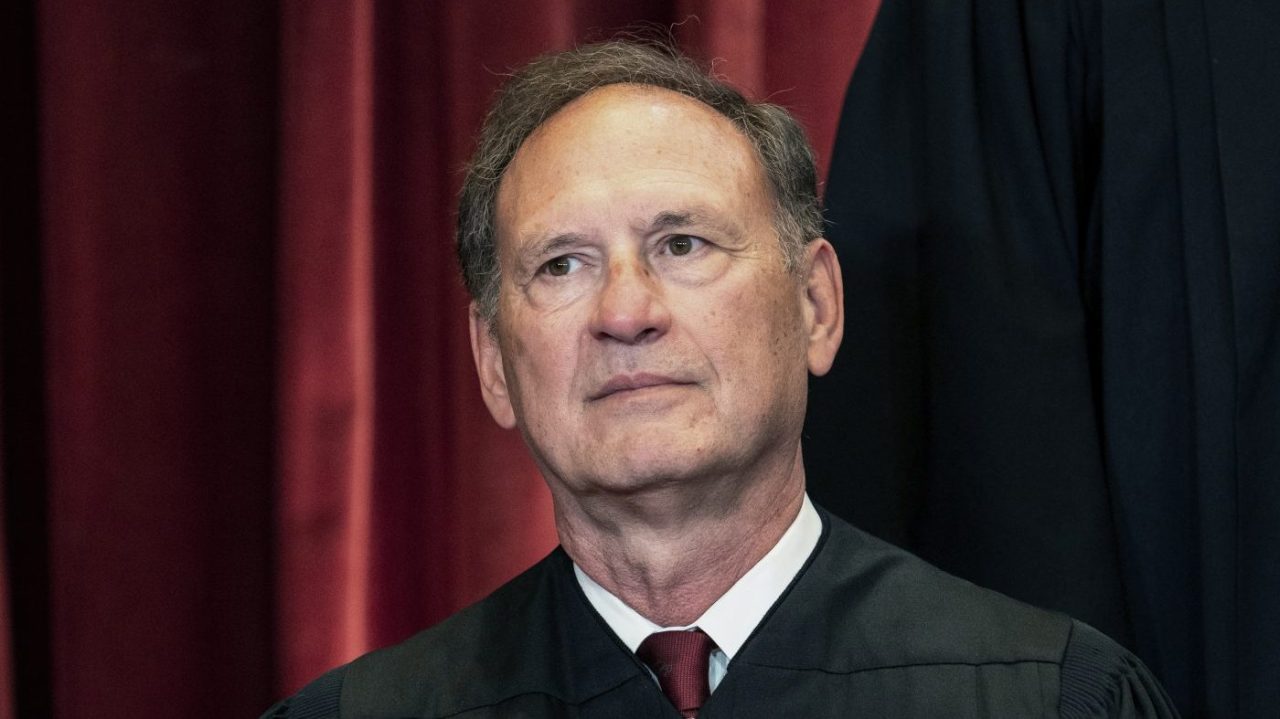Supreme Court Justice Samuel Alito no doubt intended to shock the political world when he told interviewers for the Wall Street Journal that “No provision in the Constitution gives [Congress] the authority to regulate the Supreme Court — period.”
Many observers dismissed his comment out of hand, noting the express language in Article III, establishing the court’s jurisdiction under “such regulations as the Congress shall make.”
But Alito wasn’t bluffing. His recently issued statement, declining to recuse himself in a controversial case, was issued without a single citation or reference to the controlling federal statute. Nor did he mention or adhere to the test for recusal that other justices have acknowledged in similar circumstances. It was as though he declared himself above the law.



Coequal branches of government, that’s well below an 8th grade civics understanding. Crazy that people genuinely believe the Supreme Court is untouchable by congress and the executive, who do they think appoints them?
It is untouchable by the executive, while congress acting in concert between the house and senate could do literally anything, including abandoning the constitution itself and making a new one.
Lobbyists, mostly.
A practice that should be made illegal
Not untouchable. But out of reach of the day to day politics of that branch. Congress can Impeach a SCOTUS member if they truly believe that they’ve done wrong. But the super-majority requirement of impeachment means that it has to be a decision that’s above general politics.
The same idea is why only the Senate advises on their appointments. The Senate was believed to be a body that would be above petty politics given that it’s members were to be appointed by the legislatures of the states. So the idea of a heavily partisan judge to get appointed was believed to be minimized.